I’m sad today is the last day of the Christmas Season. I love that even though the rest of society may have tossed out the Christmas trees, and taken down the festive decorations, we still celebrate. What a wonderful gift we have as Catholics to celebrate the birth of our Lord for an extended period of time! Last Sunday was the Epiphany of the Lord, a time to celebrate Christ manifested in the flesh, the greatest gift of God to his creation. On the occasion of the Epiphany, we have three traditional readings. The first is the reading about the magi visiting the Christ Child; that’s the one we think of first. The second is the wedding feast at Cana, where Christ turned water into wine, the first of his miracles. And the third is the Gospel we have today, of Christ being baptized by John the Baptist in the River Jordan. So today is still part of the Epiphany of the Lord.
As we heard last week, Epiphany means “manifestation.” In each of these Gospel readings, Christ is manifest in our world in a different way. The magi celebrated that this baby was truly the manifestation of God in our world, because no other birth would have been occasioned by such great astrological signs. The wedding feast at Cana celebrates that Jesus is no ordinary man, that he had come to change the world by the shedding of his blood, symbolized by changing ordinary water into the best wine ever. And today his baptism celebrates that Christ is manifest in the weakness of human flesh to identify himself with sinners through baptism.
Obviously, Jesus did not need Saint John the Baptist’s baptism, because it was a baptism for the forgiveness of sins, and Jesus had no sins. So he chose to be baptized so that he could identify himself with us sinners through baptism. That being the case, then we who have been baptized must also identify ourselves with him. We must manifest him in the world through living the Gospel and following in his ways.
So today we need to reflect on the goal of all that we have celebrated in these Christmas days. What was God’s purpose in sending his Son to take on our sinful flesh and live among us? Well, we know the whole story, of course. God sent his only-begotten Son, Jesus Christ, into our world as a human being, born to a poor family as a tiny child. He did that because he created us good, and even though we acquired sinfulness along the way, our humanity was good enough to be redeemed. He would not have us die in our sins, so he sent his Son to take flesh and lead us to heaven, our true home. That’s worth celebrating for many days, and that’s why our Christmas season extends beyond the point where the stores haul out the Valentine’s day candy!
Christ is baptized today so that our own baptism can be the source of eternal life for all of us. His baptism sanctifies the waters of baptism forever, and to make the waters of baptism, with which we too were baptized, consecrated in holiness. Then we who have been sanctified in baptism must now go out and do what Jesus himself did: doing good and healing the broken and all who are possessed by evil spirits. It is easy to see how we can go about doing good. There are thousands of opportunities to do that in our lives. Every day there is an opportunity to do good in ordinary and extraordinary ways. All we have to do is decide to live our baptismal call and do it. Healing those oppressed by evil spirits might seem harder to do. But there are lots of ways to cast out demons. Teaching something to another person is a way to cast out the demons of ignorance. Reaching out to an elderly neighbor is a way to cast out the demons of loneliness. Bringing food to the food pantry is a way to cast out the demons of hunger and poverty. Educating ourselves on the evils of racism is a way to cast out the demons of hatred. We have opportunities to heal those oppressed by the devil all the time. All we have to do is decide to do it.
On this Epiphany Day, on this Christmas day, Christ, born among us, enters the waters of baptism to sanctify them through his body. Our own baptism is a share in this great baptism and outpouring of the Holy Spirit. We who have been baptized then are literally inspired – the Holy Spirit is breathed into us – in order to continue to make Christ manifest in our world. All we have to do is decide to live our baptism in ordinary ways every day.
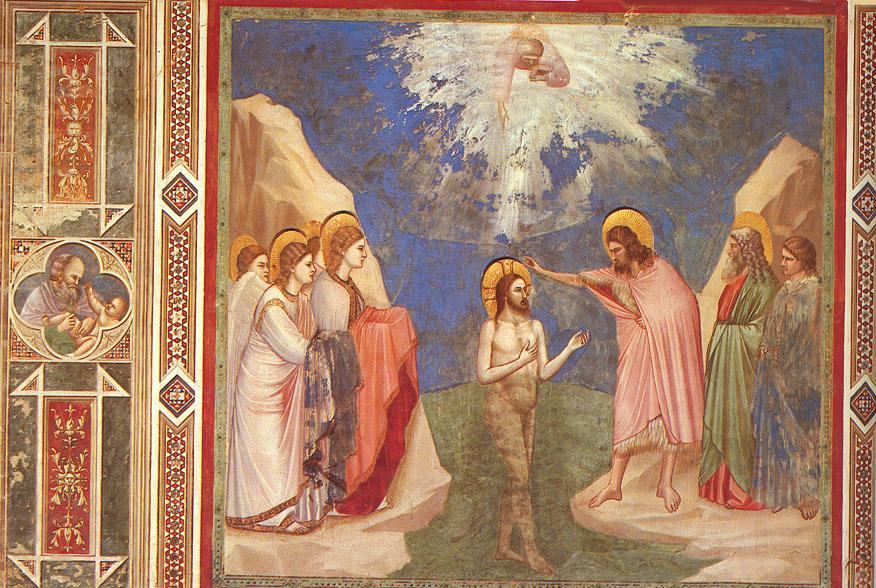

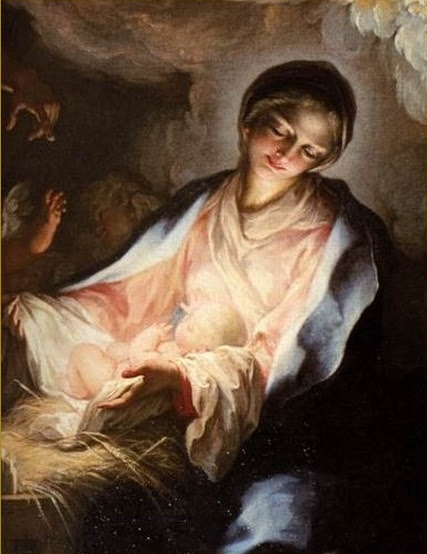
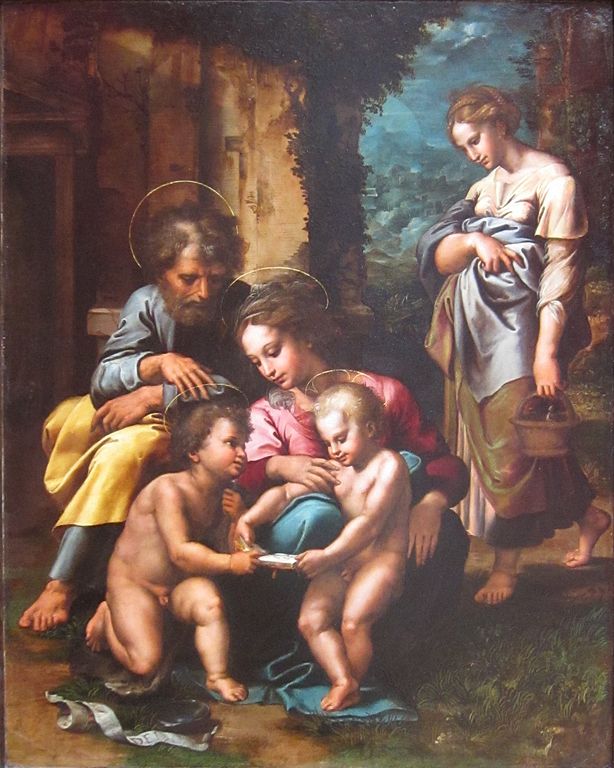
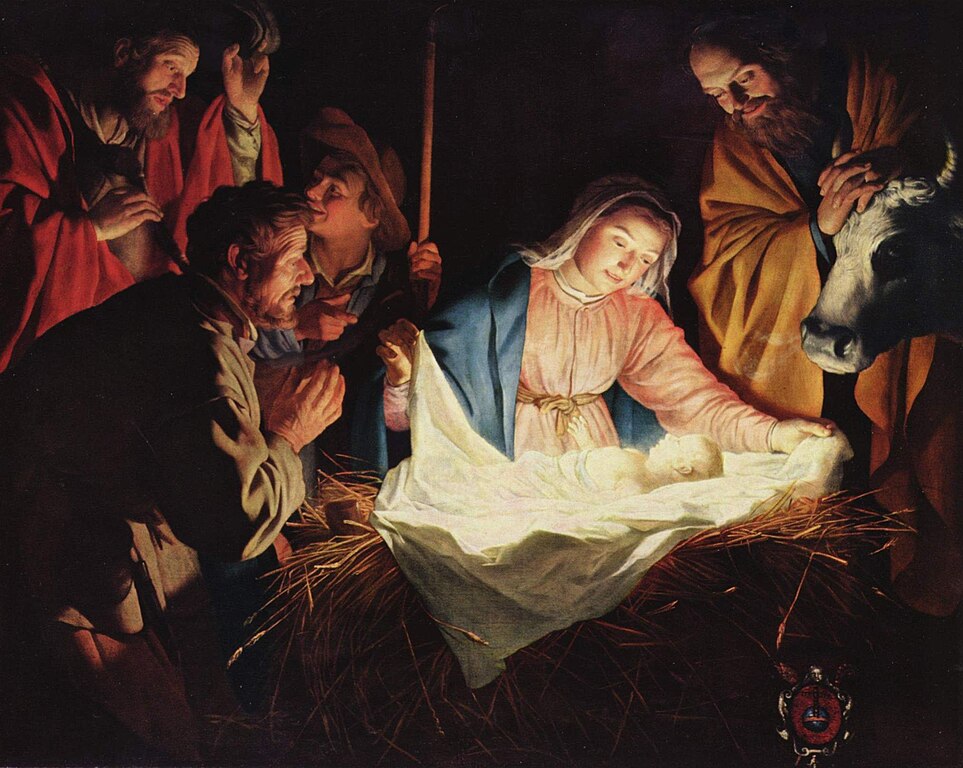
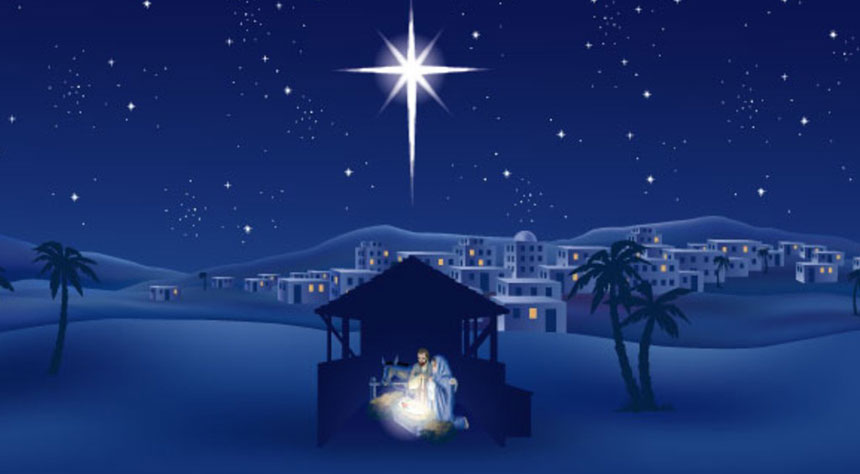
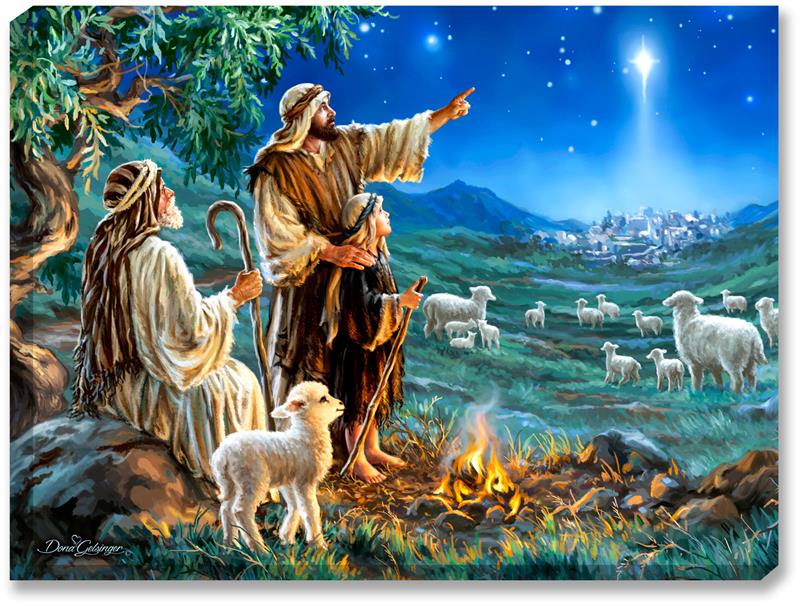
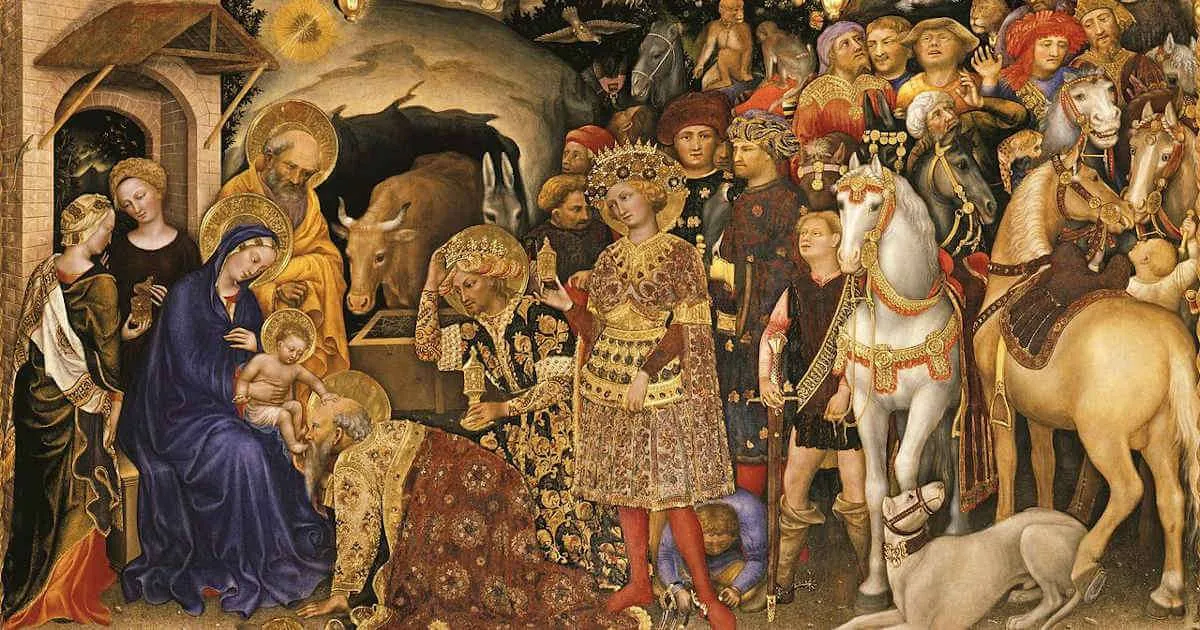
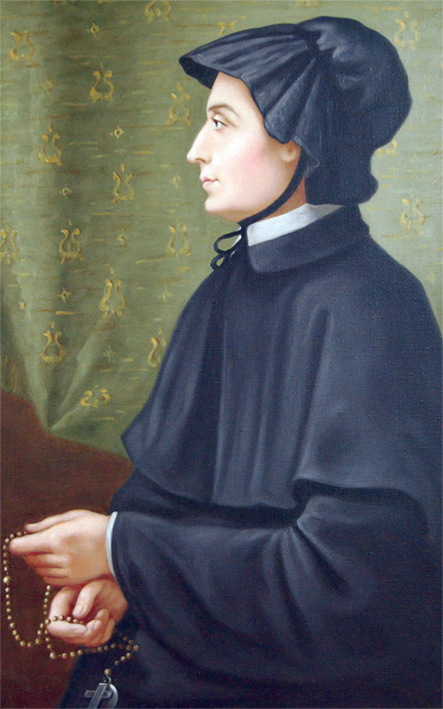
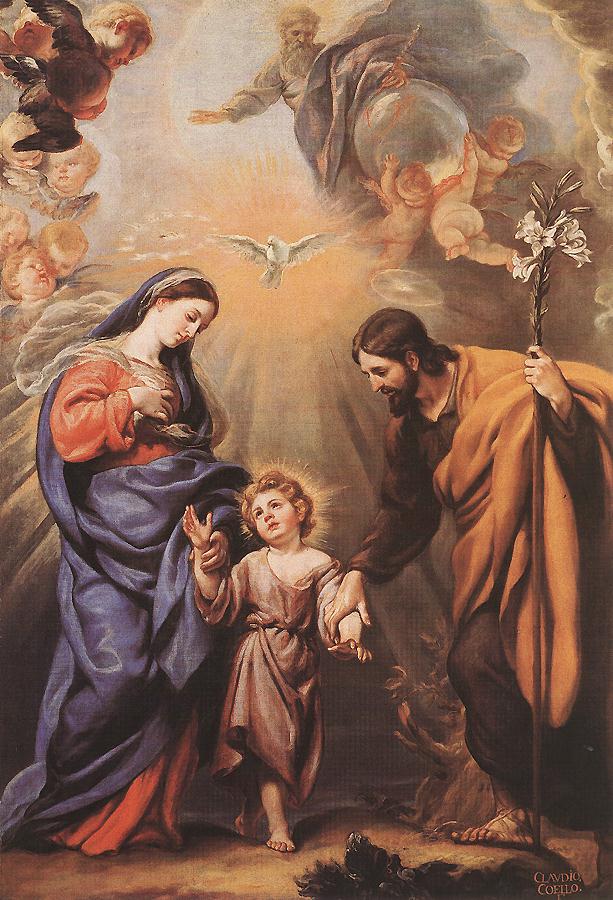
You must be logged in to post a comment.